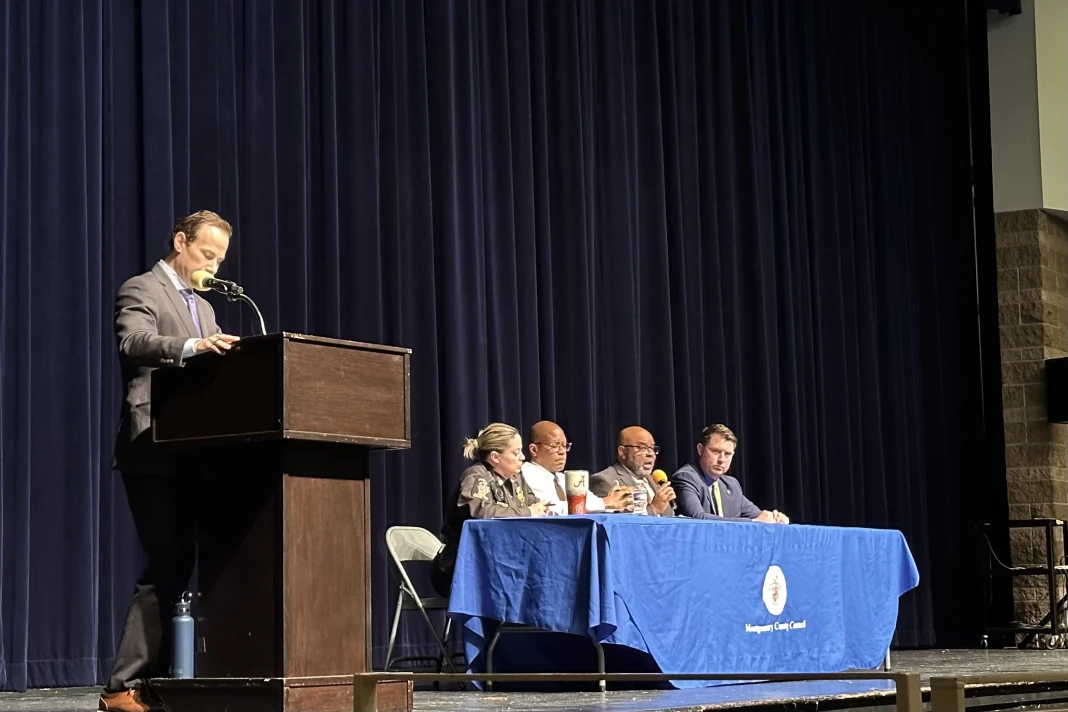Acrophobia, the fear of heights, is estimated to affect up to five percent of the population. Yet none of the 535 members of Congress, nor the President or Vice President has emerged from fiscal cliff talks with any of the usual symptoms.
The fiscal cliff is a series of tax hikes and spending cuts that will take effect Jan. 1, 2013 unless Congress takes action. These policies would reduce the federal budget deficit, but would also devastate the economy and pull the United States back into a recession. Congress can prevent the country from “going over the cliff” by making targeted spending cuts that ensure the solvency of entitlement programs, and raising revenue in ways that prevent the burden from falling on middle class families.
President Barack Obama recently unveiled a plan that increases revenue by $1.6 trillion, largely through raising tax rates for the wealthiest two percent of Americans, and cuts spending by $400 billion over the next 10 years. While Obama is right to push the envelope for tax hikes on the wealthiest two percent of Americans, his plan’s 4:1 ratio of revenue increases to spending cuts reveals that his is not the balanced approach he chides Republicans for failing to support.
The Republicans’ counter-offer was also appealing in some respects, but it was equally as unproductive in others. The House GOP proposal increases revenue by $800 billion through eliminating loopholes in the tax code, while reducing spending by $1.2 billion over the next 10 years. Mandatory spending programs, including Medicare and Social Security, will be accountable for $900 billion of the expenditure cuts.
Republicans deserve credit for proposing real spending cuts, which are more difficult to pass than tax increases on a small percentage of the population. However, they continually refuse to raise the marginal tax rates of the top two percent of income earners. During his campaign, President Obama held the issue of raising taxes on the rich paramount, and polls have consistently shown that the majority of Americans support that aspect of his fiscal policy.
Unsurprisingly, Democrats and Republicans have derided each other’s plans without taking the time to evaluate the pros and cons of the other side’s agenda. More than any other modern political issue, the fiscal cliff debates expose the growing gap between liberal views about the role of government and opposing conservative views.
Democrats are happy to generate additional revenue to balance the budget because they believe that government should play a larger role to provide more for its citizens. However, they are reluctant to curtail excessive spending on entitlement programs, even though in some cases, cuts may be needed to ensure those programs’ longevity. On the other hand, Republicans are willing to make difficult spending cuts because they envision a future in which the government plays a smaller role and allows its citizens more economic freedom. However, they unequivocally oppose tax hikes on the rich.
Reality lies somewhere in the gaping hole between their ideological fantasies. A truly corrective budget proposal makes tough cuts to entitlements such as those the Republicans have proposed in raising the Medicare eligibility age from 65 to 67 and lowering the expected inflation rate for Social Security payments. However, a plan that will prevent another recession also raises revenue through increasing tax rates for the wealthiest two percent of Americans, as Democrats have suggested.
A reasonable plan would include around $1 trillion in cuts and $1 trillion in tax increases. The cuts would come mainly from entitlements, but also from defense and other bureaucratic agencies, as many of them are overstaffed and perform similar tasks as others. The immediate tax increases would come from raising the rates of individuals making over $200,000 per year and households making over $250,000 per year.
These rate hikes would come with the acknowledgement that the tax code would be examined in the next fiscal year, and deductions, exemptions and other such loopholes would be corrected to ensure that the increased tax burden was shared across the board.
Partisanship has always caused tension within our government, but it has rarely been powerful enough to do what it very well could at the end of this year: trigger policies that would jolt our economy back into a state of contraction and vault the unemployment rate back up around nine percent, by modest estimates. If that happens, acrophobia will be the least of our worries.







